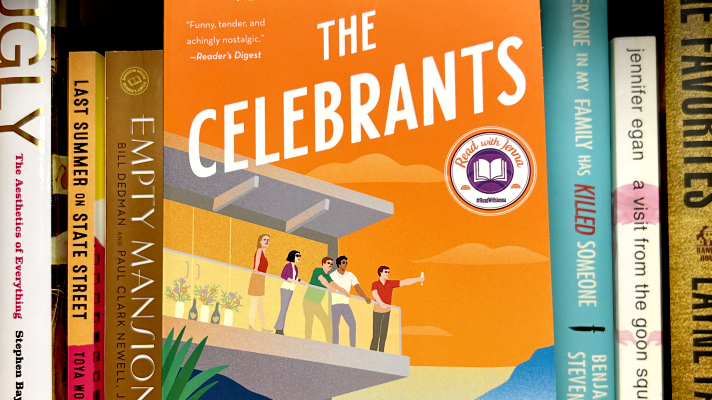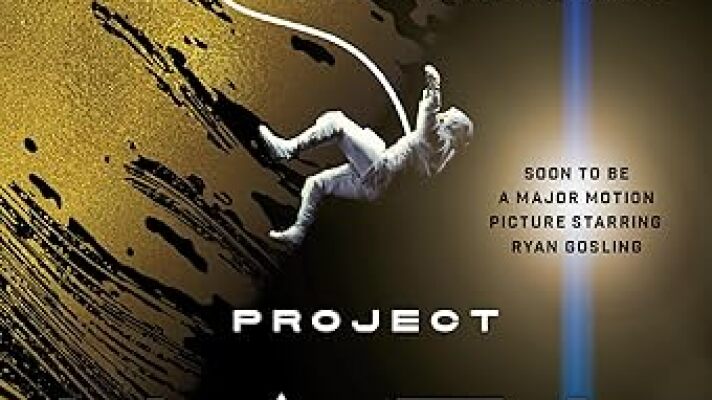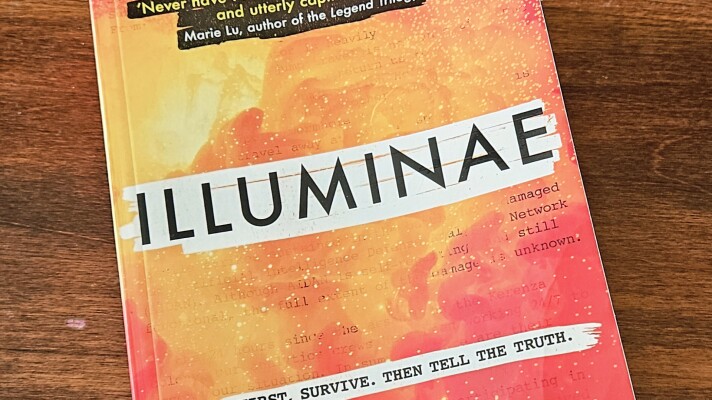Even though I know better, I am a sucker for ‘before you die’ lists. ‘Fifty places to visit before you die.’ ‘One hundred movies.’ ‘The Most Important Books.’ The Great Gatsby is always on that book list. But it wasn’t Fitzgerald’s first. THAT honor goes to This Side of Paradise.
According to the back matter on my copy, it “is the book that established F. Scott Fitzgerald as the literary light of a new generation.” And maybe it did “unofficially usher in the Jazz Age” when it was published in nineteen twenty, but for this middle-aged woman in the twenty twenties, all it did was cement my belief that just because something is a so-called “classic” doesn’t mean it’s actually worth reading, at least, not for everyone.
In the novel, we follow Amory Blaine, avatar of Fitzgerald, mainly as he comes of age through his college experience at Princeton. His experience in the Great War is not described in any detail - we encounter Amory only before and after it, as he discovers what is important to him and falls in and out of loves and friendships. He is handsome, and he knows it. He is SO smart. Smarter than everyone! He is young and virile and nothing will ever possibly be as good for him as it is right then, he is at the PEAK of existence and it is all downhill from there. He has dramatic breakups and drinking binges. He’s a Jazz Age Bro, but a sensitive one when he isn’t pontificating on how marriage smothers the will and ambition of men.
Perhaps I should be more forgiving, given that Fitzgerald was only twenty-three when he wrote this and I’m…older than that and have been operating with a background level of incandescent rage since November of twenty sixteen. I’m sure eighty-year-old future me will look back at today me and roll her eyes as many times as I did at Amory.
I should also sympathize with Fitzgerald the poor fellow was just trying to earn enough money to convince Zelda to marry him. He had tried unsuccessfully multiple times to get his novel The Romantic Egotist published. When Zelda ended their engagement because she was worried about his ability to support them, he quickly pulled together multiple bits that he’d produced while working on The Romantic Egotist as he was figuring out the characters and story arc (poems, a brief play, additional writings), renamed it This Side of Paradise, and sent it to a publisher. His youth and haste are very evident in the final product.
Alas, it seems I no longer have the patience to deal with Amory’s brand of ennui and navel-gazing. I kept hoping that Amory would get his…act…together, especially after his experience in the Great War. But despite the occasional glimmer, he ultimately ends the book as self-centered and shallow as he started it. For the right person at the right time of their life, it might be a great fit. Right now, that is not me. If I am going to play my tiny violin for someone suffering under the unbearable weight of privilege, I’ll stick with Daisy Buchanan and Jay Gatsby.












